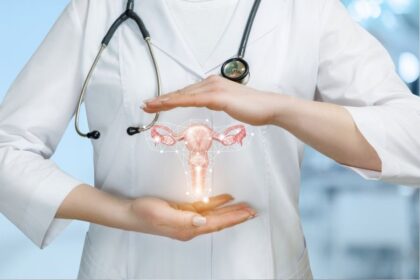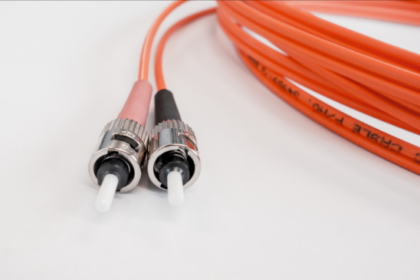Chronic pain can affect daily life, making even simple tasks difficult. A pain management center offers specialized care to help individuals manage their discomfort and improve their quality of life. Understanding what these centers do and the services they provide can be the first step toward effective pain management. Here is more information on what a pain center is, the available services, helpful lifestyle changes, and the benefits of seeking professional guidance:
What Is a Pain Center?
A pain center, also known as a pain clinic, is a healthcare facility that specializes in the diagnosis and management of chronic pain. These facilities treat various conditions, from back pain and arthritis to peripheral neuropathy and fibromyalgia. They use a combination of medical treatments, therapies, and lifestyle recommendations to address the complex nature of chronic pain. By adopting a comprehensive approach, these centers help alleviate pain, enhance functionality, and improve overall well-being.
What Are the Available Services?
Pain centers offer a range of services tailored to meet the individual needs of each patient. These treatments vary from non-invasive therapies to minimally invasive procedures. The selection of a specific treatment depends on the type, location, and severity of the pain.
A standard service is physical therapy, which helps improve strength, flexibility, and mobility through targeted exercises and interventions. For certain types of pain, an epidural injection may be administered to deliver medication directly to the affected area in the spine, reducing inflammation and discomfort. Radiofrequency ablation uses heat generated by radio waves to target specific nerves and interrupt pain signals.
Other advanced procedures include kyphoplasty, a minimally invasive surgery used to treat spinal fractures by stabilizing the bone. A spinal cord stimulator is a device implanted to send low levels of electricity directly to the spinal cord to relieve pain. A peripheral nerve stimulator targets specific nerves outside of the spinal cord to block pain signals. Some centers also offer regenerative medicine, which uses the body’s own healing abilities to repair damaged tissues.
What Lifestyle Changes Help Manage Pain?
In addition to medical treatments, certain lifestyle adjustments can support pain management efforts. Regular physical activity, as recommended by a healthcare provider, can strengthen muscles and improve mobility. A balanced diet rich in anti-inflammatory foods may also help reduce pain symptoms.
Maintaining a consistent sleep schedule is another beneficial practice, as adequate rest can affect pain perception and overall health. Mindfulness techniques, such as deep breathing or meditation, can also be useful tools. These lifestyle changes, when combined with professional medical care, can contribute to a more effective pain management plan.
How Is Professional Guidance Beneficial?
Seeking guidance from professionals at a pain center provides a structured and comprehensive approach to managing chronic pain. A specialist diagnoses the underlying cause of the pain and develops a tailored treatment strategy. This comprehensive approach addresses pain from multiple angles, potentially resulting in improved outcomes.
Professionals can monitor progress, adjust treatments as needed, and provide education on self-management techniques to support patients’ ongoing care. They offer access to a wide array of treatments and therapies that may not be available elsewhere. This guidance helps patients navigate their condition with support and expertise.
Enhance Your Pain Management Efforts
A pain center offers a structured approach to diagnosing and managing chronic pain. Available services range from physical therapy and lifestyle adjustments to advanced procedures like spinal cord stimulation and regenerative medicine. If you are experiencing chronic pain, discuss your options with a specialist at a pain management center. Taking this step can help you access the care you need to manage your symptoms and improve your daily functioning.









